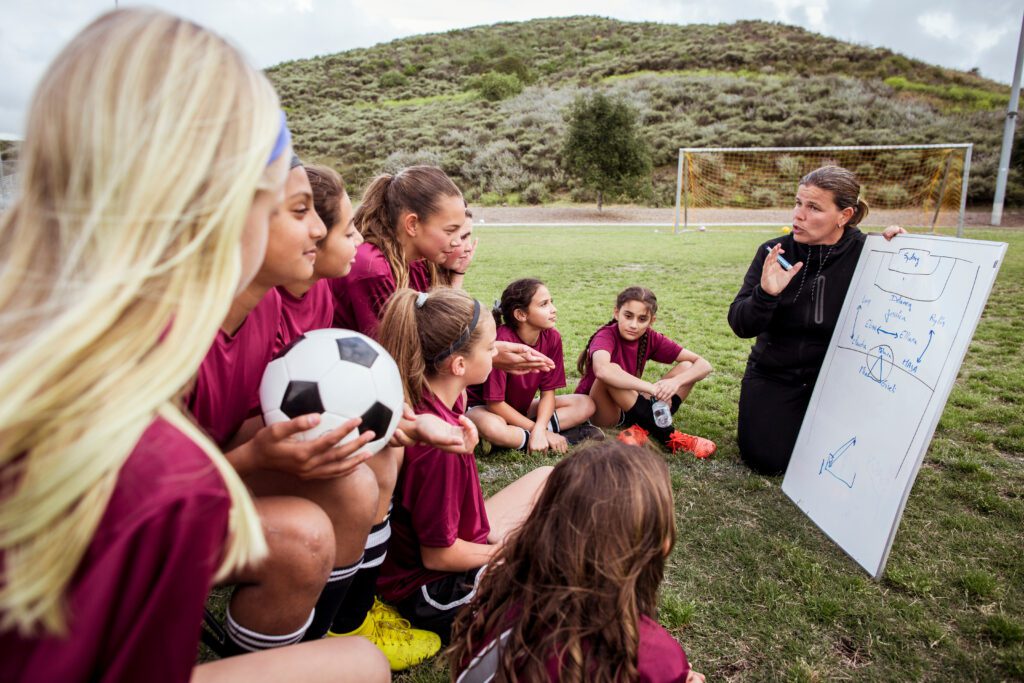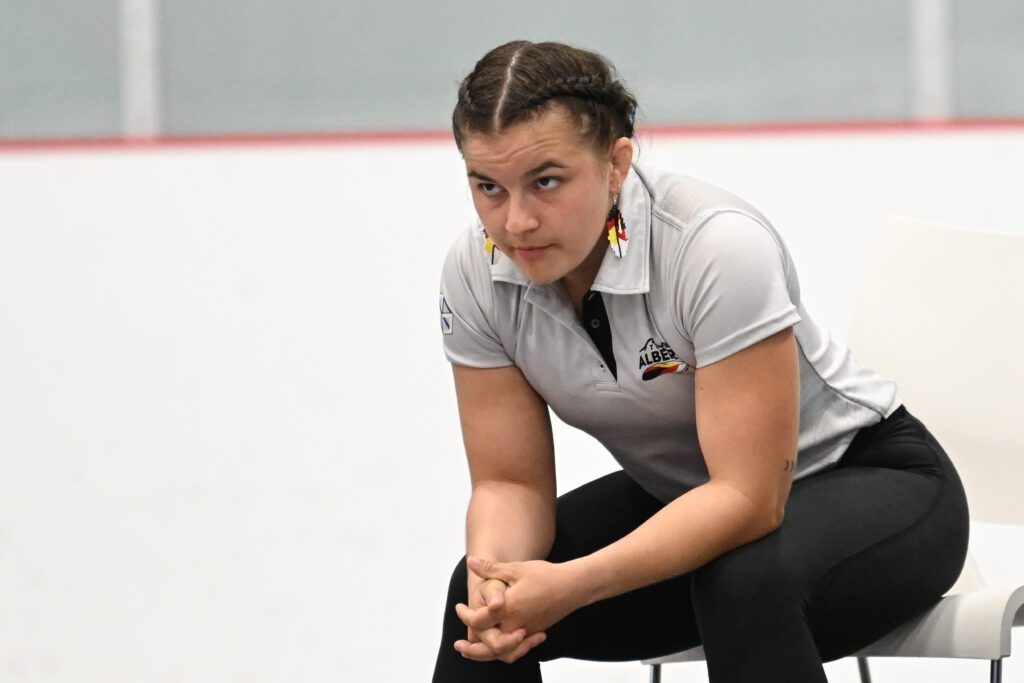Trust and conversations make monitoring meaningful
Drawing on interviews and surveys with coaches and support staff, a recent review found that tools to track athletes’ training loads, recovery, or wellness aren’t enough on their own. For coaches, building trust and having regular conversations with athletes is key to making monitoring effective for health, training, and performance.
Celebrating the heart of special olympics coaches
During National Coaches Week, we’re highlighting a study capturing the voices of Special Olympics Canada coaches. Beyond sport, they manage routines, ease nerves, and guide athletes through new experiences. Their stories reveal the often unseen, but vital side of coaching, and highlight the many roles Special Olympics coaches play in supporting athletes.
Movement consistency grows with sport experience
A review of 59 studies found experienced athletes move with less variability than beginners. These patterns were seen across many sports, tasks and skill levels. For coaches, this highlights the value of focusing on quality, repeatable movement patterns during training to support skill development.
Helping students build emotional awareness can start in the gym
Through the Captains & Poets program, educators use movement-based activities to teach self-leadership and social-emotional learning (SEL). By identifying their inner “Captain” (action) and “Poet” (reflection), students learn to manage emotions, build confidence, and coach themselves—skills that support mental well-being and success both in and out of sport.
The impact of body image on youth athletes’ performance
Research conducted with nearly 1,400 youth athletes found that when they focus on how their bodies appear, known as “body surveillance,” their performance suffers. This can mean slower reaction times and less precise movements when competing. The research urges coaches and sport leaders to reduce appearance-based pressures and shift focus toward athletes’ confidence and functional…
Factors influencing the decision to coach
Many factors can influence whether someone chooses to become a coach, but one surprising factor may be their birth date. New research found that, after 1980, individuals born earlier in the year were more likely to coach minor hockey than those born later. Building confidence and skills in those born later in the year may…
Youth athletes turn to coaches and parents for food guidance
Adolescent athletes most often cited parents and coaches as their main sources of food literacy, while non athletes were more likely to rely on peers and social media. Since not all adults in guidance roles offer evidence-based advice, equipping coaches and parents with accurate, sport-specific nutrition resources is key to supporting young athletes’ health and…
Mentorship program for parasport coaches
Mentorship can be a powerful way to support parasport coaches. A recent study found that a virtual mentorship program helped coaches feel more confident, use inclusive terminology, and learn more about coaching athletes with disabilities. The study recommends continuing mentorship programs to help coaches progress, connect, and grow in their roles.
Who is Coaching Who: The Emotional Intelligence Playbook

You run a high-energy drill. You repeat an instruction, again. You urge the team to reset and refocus but nothing’s clicking. You’re left wondering: Why aren’t they getting it? These moments are invitations to pause and reflect on how you’re connecting. Beneath the surface of performance lies a deeper influence on sport outcomes: Emotional Intelligence…
From Wrestler to Coach: Taylor McPherson’s Path of Purpose and Indigenous Pride

When Taylor McPherson first stepped onto a wrestling mat in Grade 7, she wasn’t dreaming of national titles, international tournaments, or coaching accolades. She was answering the call of her Grade 5 teacher, Mr. Watts, a man built like a wrestler, with WWE posters covering his classroom walls, who saw something in her. “He looked…